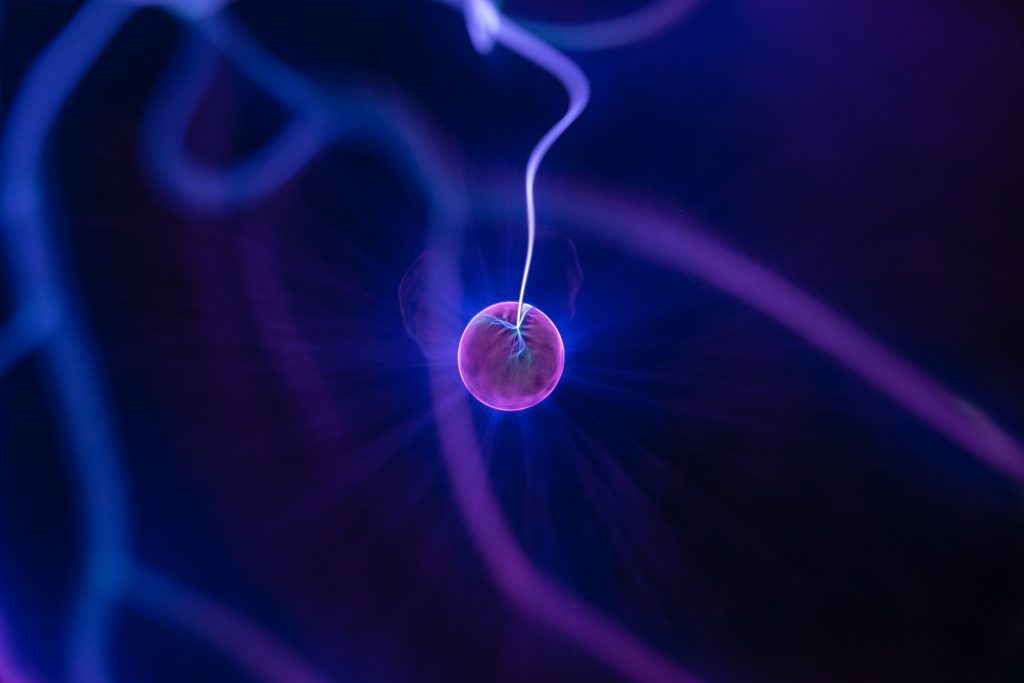Not only living creatures evolve new properties which turn out to be useful. For example, the winter moth in the Netherlands has recently evolved to produce less temperature sensitive eggs, to withstand the changing winter conditions in the Netherlands. Also, inanimate chemical systems can evolve, as long as they copy themselves and make mistakes that result in new properties. A world in which Darwinian evolution takes place has a number of striking characteristics. Research is strongly focused on these characteristics.
In Darwinian evolution, new copies are made faster than old systems are destroyed. To call it Darwinian evolution, the copies must be able to contain errors. These errors can lead to new properties. These properties are in turn copyable, or hereditarily transferable. Think for example of a hereditary disease that occurs in a family. What were the earliest individual chemical systems undergoing Darwinian evolution? And in what ways did this happen? Was it similar to current Darwinian evolution, or was it much simpler?

Darwinian evolution also means that an individual system will always use only a limited part of the available chemical possibilities: specialization. Specialization is a striking feature of life. We call this a convergent development. In the chemical world, on the other hand, activities between molecules will quickly lead to explosively changing proportions and the ‘running out’ of chemical possibilities. This is a divergent process and is directly opposed to specialization. Which mechanisms have helped to limit the divergent nature of chemistry and thus made convergence and specialization possible?



